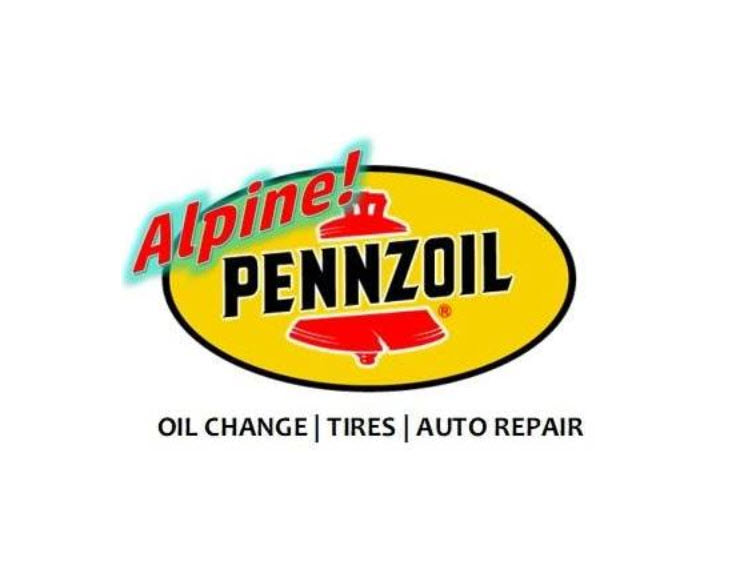|
Good to Terrible Gas Mileage: What is happening to your Fuel Economy?
Have you notice that your vehicle's gas mileage seems to be worse than it was a while back? There are many factors that can influence the shift in your fuel economy, some simple and a few more complicated. The first one is easy, peezy lemon squeezy— its your tires. If your tires are under inflated there is more rolling resistance. This resistance is causing the car to drag more rather than just letting it roll freely across the road. We encourage you you to check your tire inflation at least once a month. Its better you do this while your tires are still cold, before you hit the road. Its amazing how even one to two pounds of under inflation can cause such problems! The second thing that could cause problems with your fuel usage is the air filter. The air filter is made of fabricated elements which prevent external elements such as dust and pollen from entering the fuel system. Sometimes, the air filter can become clogged from everything it collects which smother's the engine by restricting the air flow. But this is an easy fix, just take the air filter and look at it up into the light. If you can't see the light shining through, its time to toss that filter and get a new one to replace it. Now the let’s focus on that engine. You know that annoying little check engine light that turns on, it has a reason behind it. Your engine relies on a bunch of different sensors which sends information to the drivetrain computer that monitors difference functions such as transmission shifts, fuel delivery, emission controls, and ignition timing, to just name a few. If a sensor is sending readings that are outside the normal operating limits, the code that registers in the engine's drivetrain computer and the light will turn on. Fortunately, an auto technician can use a code reader or scanning device, that can diagnose your car and let them know which code it is to determine the source of the problem. There is one more problem that can effect your fuel economy. Engines use an oxygen sensor (O2 sensor) in the exhaust stream to monitor the exhaust gases. Typically, O2 sensors last the life of the vehicle, however, there are those rare times that they don't. If an O2 sensor does fail it can cause the engine to put large amounts of fuel into the system. If your gas mileage is a currently a concern to you, let us take a look at your car and help you figure out the source of the problem. Gas is already expensive as it is, let us fix the amount you are spending on it from an unnecessary problem.
0 Comments
|
CARS, TRUCKS & VANS
January 2020
|


